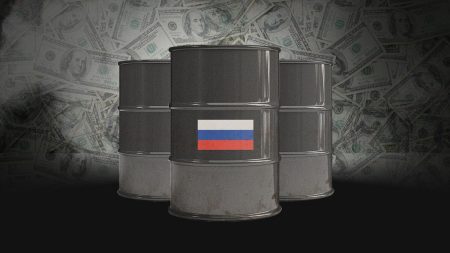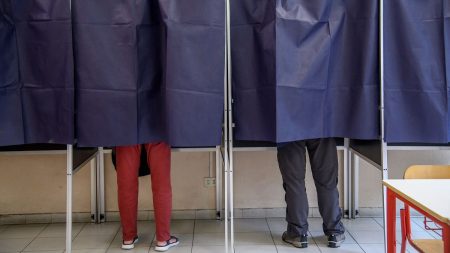The year 2024 witnessed a surge in democratic participation, with an estimated 3.7 billion people across over 70 countries eligible to vote. This “super year” of elections saw crucial votes in major democracies like the US, India, and Indonesia, as well as in authoritarian states such as Belarus, Iran, and Russia. The European Parliament elections, one of the largest cross-border votes globally, saw 182 million people cast their ballots. However, this widespread democratic engagement occurred against a backdrop of escalating concerns about the manipulative influence of misinformation, generative AI, and foreign interference on electoral processes. Despite these concerns, initial assessments suggested a limited impact from these threats. However, the annulment of Romania’s presidential election due to foreign interference later highlighted the significant vulnerability of democratic processes to manipulation.
While early studies suggested that major elections like the European, French, UK, and US presidential elections remained largely unaffected by AI-driven or foreign-backed disinformation campaigns, the Romanian case shattered this perception. The Romanian Constitutional Court’s decision to annul the election results following evidence of a state-sponsored disinformation campaign supporting a fringe candidate demonstrated the tangible threat posed by information manipulation. This incident underscored the potential for seemingly insignificant actors to gain undue influence through sophisticated disinformation campaigns, potentially altering electoral outcomes and undermining democratic processes.
The 2024 elections showcased diverse instances of how technology and information warfare were deployed to manipulate public opinion and electoral outcomes. In Pakistan, imprisoned former Prime Minister Imran Khan utilized AI-generated speeches, including a victory proclamation, to circumvent his inability to campaign directly. This innovative use of AI raised questions about the ethical implications of deploying such technology in elections and the potential for manipulating voters through synthetic media. Meanwhile, the European Union successfully navigated the European Parliament elections despite record levels of online disinformation, demonstrating the effectiveness of proactive measures against information manipulation.
Moldova’s referendum on EU membership provided another example of the precarious nature of democratic processes in the face of external interference. While the pro-EU vote ultimately prevailed, the close result and allegations of Russian funding for anti-EU campaigns highlighted the susceptibility of elections to manipulation and the power of disinformation to sway public opinion. Moldova’s experience underscored the need for robust safeguards against financial and informational interference in democratic processes, especially in countries navigating complex geopolitical landscapes.
The US presidential election, which saw the return of Donald Trump, faced its own share of disinformation and disruption. Online smear campaigns targeted candidates from both sides, while bomb threats, allegedly originating from Russian email domains, disrupted voting in key swing states. These incidents highlighted the ongoing vulnerabilities of US elections to both domestic and foreign interference, underscoring the need for continued vigilance and investment in election security measures. The recurrence of such threats necessitates a proactive and comprehensive approach to safeguarding the integrity of the electoral process.
The annulment of Romania’s presidential election due to alleged Russian interference serves as a stark reminder of the evolving nature of information warfare and its potential to undermine democratic institutions. The investigation into TikTok’s role in facilitating the winning candidate’s campaign raises important questions about the responsibility of social media platforms in preventing the spread of disinformation and ensuring fair elections. This incident highlights the need for increased scrutiny of online platforms and the development of effective mechanisms to combat foreign interference and protect the integrity of electoral processes worldwide. The Romanian case serves as a compelling argument for international cooperation and the development of shared strategies to address the growing threat of information manipulation in the democratic sphere.










